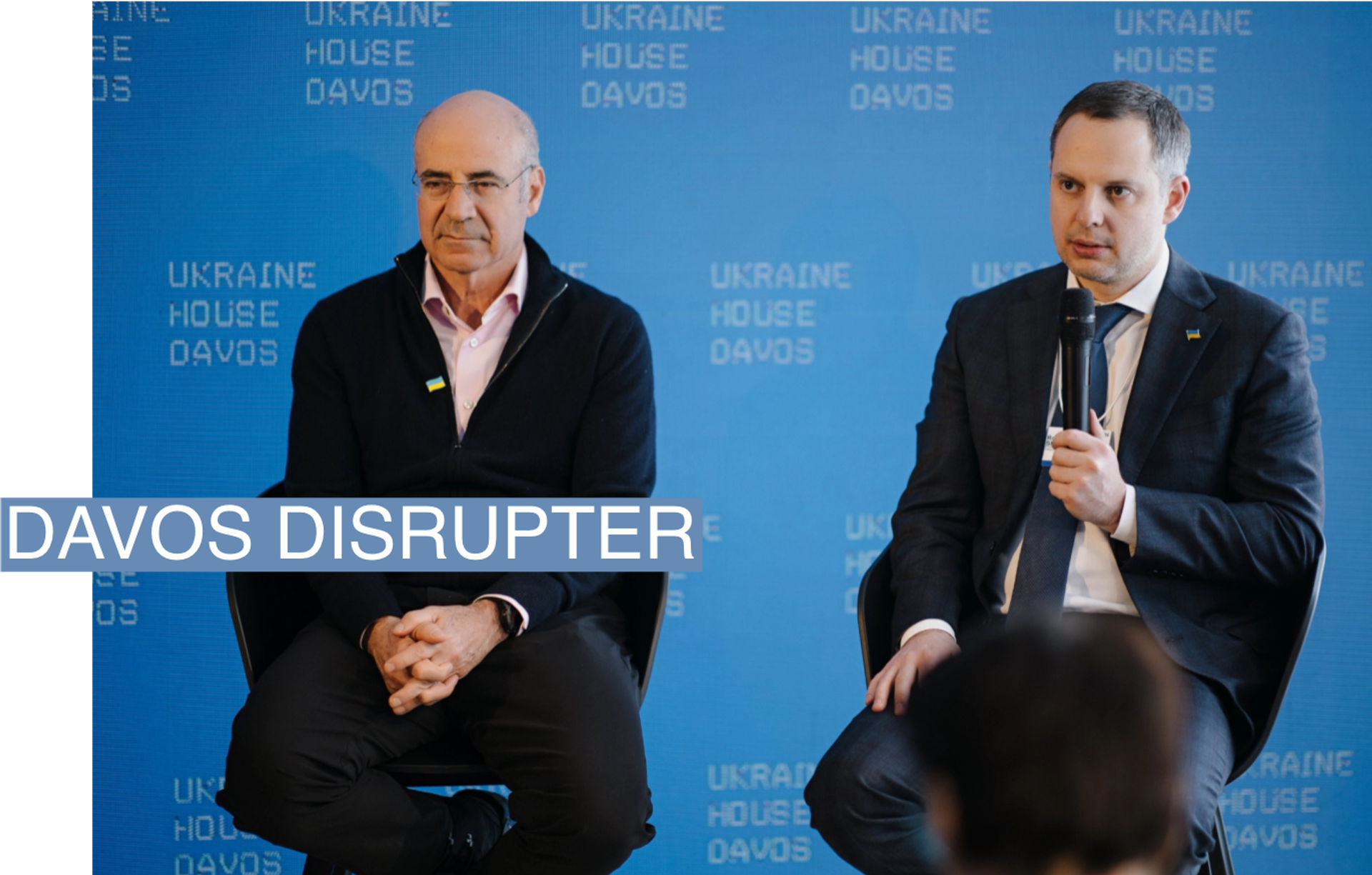The Provocation
Last year, financier and full time anti-Putin activist Bill Browder said he’d boycott the World Economic Forum — though he’s ubiquitous on the Davos sidelines — when the organization jacked up his price of entry to $250,000 from $70,000.
Browder has long been an unusual Davos figure, paying for the privilege of going into any session that had a key Russian government apparatchik and questioning them about the hypocrisy of saying Russia was a safe and sound place to invest when they had murdered Browder’s lawyer, Sergei Magnitsky, in prison and then covered up the crime. Interestingly, after Browder did this a few times, the Russians asked for their sessions to be off the record, but some journalists would still recount the testy exchanges between Browder and senior Russian officials. And then the Russians told WEF they would only appear if there were no questions at all — and they were accommodated.

I checked in with Browder, author of the best-selling books on his ordeal trying to secure justice in the wake of Magnitsky’s murder — Red Notice and Freezing Order. He told me that last year, WEF senior leadership had informed him there were essentially two categories of attendance: business people who paid their way in, and NGOs and non-profit activists who paid a different price, usually zero dollars or Swiss francs (according to Browder’s account).
While for many years, he had pursued his activism informally, successfully securing passage of human rights-focused “Magnitsky Acts” in the United States and other nations around the world, this past year he said he formalized his work and role by establishing a non-profit 501(c)3 organization, the Magnitsky Justice Foundation. Its mission is to fight for the release of political prisoners, advocate for the adoption of Magnitsky acts around the world, and fight for justice for Ukraine. So, he applied for entry at WEF in 2024 in his role as a formal and full-time NGO head for one of the highest profile and most legislatively successful human rights advocacy organizations.
According to Browder, the note he got back said, “Dear Mr. Browder, I’m sorry to say we are unable to honor your request. Thank you very much.”
Browder didn’t just lick his wounds and stop his work. His well-known Monday night dinner involved global leaders and human rights advocates, whom he called “the great and the good” — and he spent the week meeting foreign officials whom he drew out of the highly guarded and restricted meetings hall.
This past week in Davos, a huge delegation from China attended, Saudi Crown Prince Mohammed bin Salman sponsored a “youth majlis” on the prominent Davos promenade, and Iran’s Foreign Minister attended and spoke at the forum — all representatives of illiberal regimes where freedom of expression is rare and tightly controlled, and sometimes paid for by incarceration or worse.
The failure to see Browder’s human rights activism as a legitimate and important part of the WEF ecosystem may be a serious blindspot of the organization. As one long-time attendee of Davos told me, if representatives of governments that stifle inquiry and debate are exposed to vigorous and liberal exchanges of ideas at the forum, then that is good. But if these regime representatives are made to feel comfortable with their repression — and voices like Browder’s are stifled or silenced — then that’s unacceptable.
